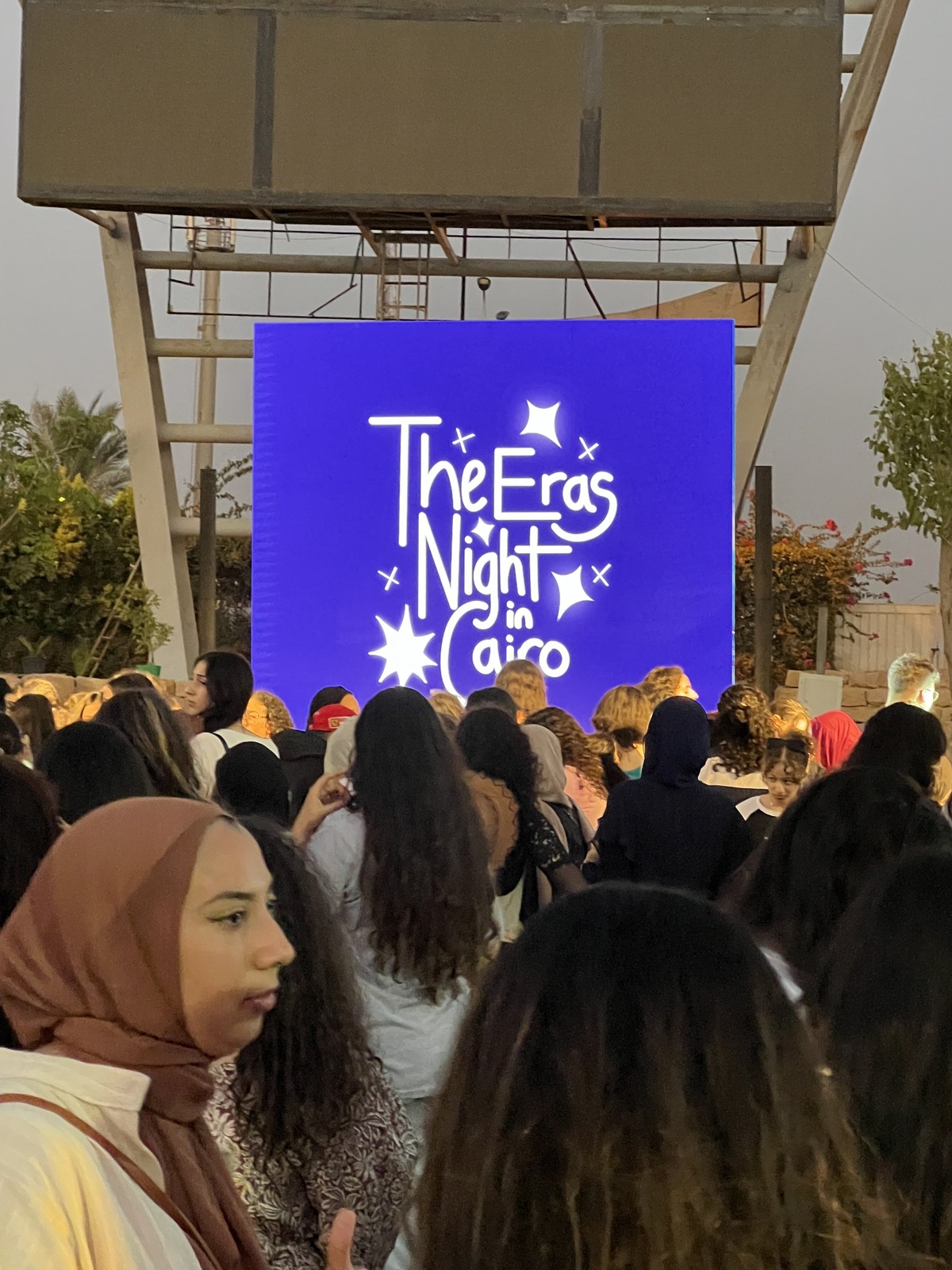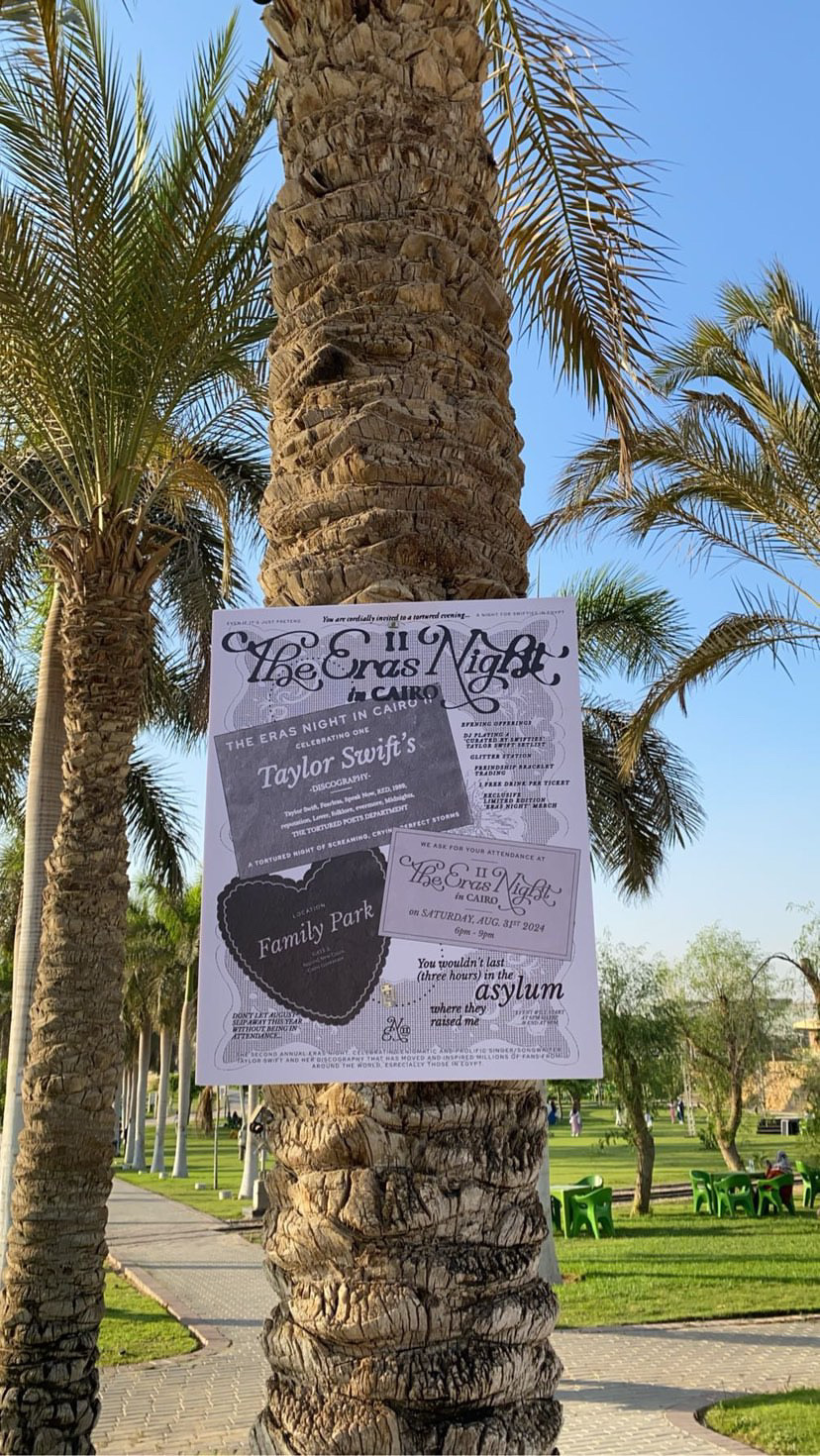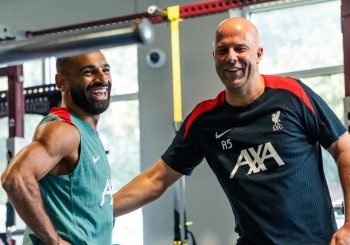“My name is Taylor, and I was born in 1989.”
This is how American singer-songerwriter Taylor Swift opens her Eras Tour — the highest grossing tour by any artist of all time, which began in March 2023, and is set to conclude in December 2024.
Though a single line, it alone encapsulates Swift’s entire career, reflecting the influence of the year 1989 and its aftermath on her journey, while also showcasing what she has created since.
The year 1989 was marked by significant events, including the fall of communism and the rapid rise of globalization. It also witnessed a boom in Disney films and the emergence of celebrity culture and pop capitalism, highlighted by the ascendance of iconic figures like Madonna and Michael Jackson.
However, that year also ushered in a trend toward shorter, simpler songs, a movement that Swift proclaimed she is actively challenging. Billboard reports that, since the 1990s, the average song length on the Billboard Hot 100 has dropped by nearly a minute. Music critics say that Swift has transformed the industry with her distinctive songwriting style, which has emphasized intricate, longer storylines.
Swift’s popularity has soared in this new globalized world that began in 1989, reaching audiences far and wide, including places like Egypt. Through her distinctive approach to songwriting, Swift has inspired a new generation of songwriters and artists in Egypt, who connect with her music not only on a sonic level, but also through her lyrics.
They are more than just listeners; they have become creators in their own right, producing their own music, organizing concerts, and generating content. For some, it has transformed into a new side-job or a career.
From forming their own tribute bands to organizing large fan concerts that have drawn over 1,000 attendees, Egyptian Swifties have grown organically over time, all driven and coordinated by the fans themselves.
What truly defines a songwriter?
Songwriting involves different levels of detail. At the macro level, it is about how the song tells a story, while the micro level focuses on how the vowels and consonants come together. Some artists emphasize one over the other, but most pop songs tend to prioritize the latter.
For Swift, though, the storytelling—at the macro level—primarily shapes the melody, impacting the songwriting at the micro level. As pointed out by Stephanie Burt, a poet and professor at Harvard University, Swift’s approach to songwriting is akin to storytelling and character creation, where each verse unfolds a new chapter of the narrative, similar to the structure of songs like Betty and Fifteen.
What sets Swift’s songwriting apart, however, is not its storytelling, but also its emphasis on self-examination. According to Jessica Flanigan, professor of philosophy at University of Richmond, her lyrics often delve into introspection, exploring personal choices, values, and self-awareness.
In the song Anti-Hero, for example, she notes, “I’ll stare directly at the sun, but never in the mirror,” highlighting how it is often easier to recognize truths about the outside world than to confront the truths about oneself.
In today’s digital age, where younger generations are acutely aware of their actions and decisions due to online visibility, Swift’s work vividly captures this spirit of self-reflection.
Music journalist Joelle Kidd notes that, like many in her generation, Swift understands the fatigue of constantly marketing oneself as a brand in the digital age. She writes, “watching Swift is watching the self-consciousness of our age played out on an intensely public stage.”
It is no surprise, then, that many of Swift’s fans feel a strong sense of relatability and connection with her, as her lyrics evoke familiar emotions that resonate with people across the world, even in places like Egypt.
For Swifties, Swift’s songwriting has come to represent a shared language that creates a sense of belonging and family. Cynthia Gordon, a linguistics expert at Georgetown University, explains that groups like the Swiftie fandom create “lects”—informal languages, like a family’s unique way of speaking—to strengthen their community.
“She likes to drop Easter eggs into her songs with meanings that only her real fans can identify and uncover,” Gordon says. “So I think the role of language in her work is really highlighted, and that has made people pay especially close attention.”
This sense of belonging has resonated with fans in Egypt, where their admiration for Swift’s songwriting has led to community events and gatherings. These occasions bring people together not just to celebrate her music, but also to share the emotions it evokes.
Despite Swift not having officially visited Egypt or any African country, fan communities have created their own spaces to connect and express their appreciation for her artistry.
Egyptian Swifties: from passion to career

It all began with one video: You Belong With Me. In the early days of Swift’s music, YouTube was beginning to gain traction in the early 2000s, and it was through this platform that many fans in Egypt discovered their passion for her work.
Both Marwan El Fakharany, 24, and Nouran Hassan, 23, first watched the music video from their bedrooms, and since then, their teenage years and early adulthood have evolved alongside Swift’s career.
“I remember the first time I watched that music video — I was instantly drawn to the music. I loved the song so much, even though I was only about eight years old at the time,” El Fakharany, a graphic designer and a singer-songwriter, shares with Egyptian Streets. “It had this beautiful melody and catchy lyrics, and the video was so entertaining with a heartwarming story.”
For Hassan, a content creator and the lead vocalist of the Taylor Swift tribute band “Anti-Heroes” in Cairo, her introduction to Swift’s music closely mirrored El Fakharany’s experience.
“Watching the You Belong With Me music video was like living the perfect fantasy for a young girl in 2010. It had all the classic elements of high school drama: the mean girl, the handsome football captain, and the underdog girl who gets a stunning makeover,” Hassan says.
“I began following Taylor and eagerly awaited her new music from that moment on. I always knew it wasn’t just a phase,” she adds.
The year 2010, however, was a vastly different time, one that feels unfamiliar compared to today’s world, where social and political changes have dramatically reshaped the cultural landscape.
What has solidified Swift’s career over the years is her ability to reflect these evolving realities, continually crafting lyrics that resonate with her fans’ lives. She addresses personal struggles—like growing up, dealing with a bad reputation, and navigating public image—alongside global challenges, such as the COVID-19 pandemic.
The best way to describe it is that her career often resembles a diary journal, but one that translates personal experiences into universal themes, creating a shared diary journal for all her fans.
For El Fakharany, Swift’s talent for writing her own music was one of his first introductions to the world of songwriting, and her lyrics played a significant role in his development as a songwriter. “I learned that she wrote her own music, and I realized she didn’t just write her own songs; she crafted entire albums on her own,” he says.
“I loved writing and reading, and since I also had a passion for music, all of these elements combined made Taylor a huge inspiration for me,” El Fakharany explains.
Since then, El Fakharany has started writing his own songs and uploading his music to Spotify. He believes that the most effective way for a songwriter to convey emotion is through a single, impactful line. Even just one strong line can linger in someone’s memory for years.
In her song, All Too Well, for instance, Swift sings, “I heard you call me up again just to break me like a promise, so casually cruel in the name of being honest.”
“Even when she says so little, I understand exactly what she’s conveying. It was the first time I realized how she could so perfectly capture a feeling in just two lines, painting a vivid picture in my mind, even though I had never experienced that kind of pain,” he explains.
As they grow older, the lyrics continue to resonate with them, reflecting their personal journey of growing up. “Hearing the lyrics as an adult gives them a new meaning, and I can relate to them so much more, you know?” he adds.
For Hassan, a young and aspiring artist, the challenges of public image as a young woman resonated deeply with Swift’s Reputation album. “It arrived at the perfect time for me to understand the importance of not caring about what others think and handling hate or bullying as if it were insignificant,” she says.
“Years later, after reflecting on Reputation, I entered the music industry and faced my own share of heavy drama as a new artist. It felt like a full-circle moment.”
For Hassan, her journey into music was greatly influenced by her study of Swift’s career and music. By observing her writing style, the words she chooses, and watching her concert films, she honed their skills in crafting her own songs.
“I started singing at the age of 10, shortly after discovering the world of Taylor Swift. Back then, I couldn’t write my own songs—I didn’t even know how people did it. With Google and YouTube as my best friends, I learned to record covers and upload them to SoundCloud and YouTube,” she says.
“If it hadn’t been for Taylor’s journey in music and songwriting, I wouldn’t have fallen in love with this art form or discovered my purpose.”
Building a fandom

While El Fakharany and Hassan’s experiences may seem individual and personal, the power of fandoms lies in their ability to bring people together and foster a sense of community, often more so in real life than online.
Many writers concentrate on the digital aspects of fandoms, but there is often less focus on the offline connections these communities foster and how those relationships can impact their careers.
For El Fakharany, building a fandom was not entirely new; he had closely observed online fan culture. However, while many of these experiences were primarily digital, he was able to foster genuine, face-to-face connections through fan events like The Eras Night in Cairo, which has hosted two successful gatherings with large crowds.
It began with sharing his love for Swift’s music online, which gradually evolved into deeper connections. “When I started my TikTok page in 2020, I was posting random content. Then I noticed others ranking their favorite Taylor Swift albums, so I began sharing my own. Slowly but surely, I started gaining engagement from fellow Swifties,” he explains.
The fan event originated from a canceled gathering that ultimately evolved into something much larger. When a friend of El Fakharany mentioned a Taylor Swift-themed party scheduled for February 2023, he bought tickets and planned to vlog the entire experience. However, as he began filming, he discovered that the event had been canceled.

He posted the vlog anyway, and it quickly went viral within the Swiftie community on TikTok. “I realized I had built a sizable Swiftie audience on TikTok, and I thought it would be a great idea to host a new event in place of the canceled one.”
A few months later, El Fakharany and his friend shared a video about another Swiftie gathering, inviting people to sign up via a Google form. They were overwhelmed when 700 people registered almost immediately, and the event turned out to be a huge success, which they organized in cooperation with Family Park’s staff.
“I’m grateful that we’ve been able to create a strong and welcoming Swiftie community where everyone feels they belong and can truly be themselves,” he says.
Without social media, Hassan would not have also been able to connect with a community for her tribute band. It allows her to engage regularly with her followers through Instagram stories and broadcast channels, where she shares new songs, concert dates, and even creates riddles that only Swifties can solve where the winner gets free tickets to the show.
“I go live on TikTok as often as I can to cover more Taylor songs. I even started a book club and invited Swifties who love reading to join. The community keeps growing, which is something I never would have imagined without social media,” she says.
From fans, to friends
Friendships can start anywhere, but what truly matters is how they evolve. The evolving friendships that developed for Hassan and El Fakharany is another example of how fandom communities can transcend shared interests and become something more meaningful.
While friendship bracelets are often exchanged at Swift’s concerts and have become a significant marketing trend for her and her fandom, the real story lies not in the bracelets themselves, but in the genuine friendships that have formed around them.
For Hassan, the friendships she has formed within the Swiftie community have enriched her life with memories, support, and motivation to pursue her passion for music. “The invaluable love, time, effort, belief, faith, and support from these Swiftie friendships have pushed me forward and helped me through my darkest times,” she says.
“It’s such a wholesome and heartwarming experience to reflect on where I started with my love for Taylor and her music, and to see how far I’ve come and how many Swifties I now feel connected to.”
Ultimately, the true story of Swift’s career is not just about her music, but about how her songs have created real human experiences and connections.
“It’s truly beautiful when people come together over something that brings them joy, and I feel fortunate to have been a part of creating that kind of experience,” El Fakharany says.








Comments (0)